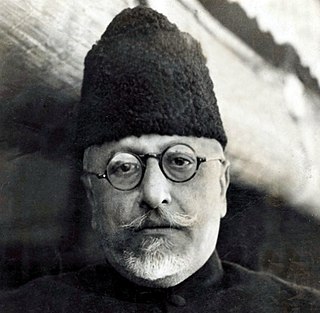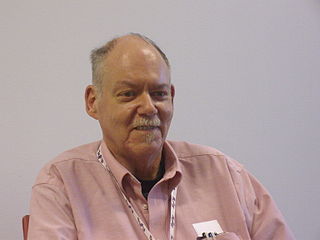A Quote by Ryan Hofmeister
If only religious leaders could be trusted, then maybe there wouldn't be so many problems. They have perverted any truth that the Bible may have.
Related Quotes
The Bible is a wonderful book. It is the truth about the Truth. It is not the Truth. A sermon taken from the Bible can be a wonderful thing to hear. It is the truth about the truth about the truth. But it is not the truth. There have been many books written about the things contained in the Bible. I have written some myself. They can be quite wonderful to read. They are the truth about the truth about truth about the Truth. But they are NOT the Truth. Only Jesus Christ is the Truth. Sometimes the Truth can be drowned in a multitude of words.
We brought the religious leaders and the secular development workers together in one room. We asked the religious leaders what are your reservations about development workers? And we asked the development workers, what are your reservations about religious leaders? It turns out that most of the problems are not really problems at all, but rather misunderstandings, misconceptions, and mis-communications.
There are two views of interpreting the Bible in America: that every word is literally the truth without qualification, and then the other view is, it's called plenary inspiration, which holds that all religious truth taught in the Bible is true from God, but each word is not necessarily interpreted literally.
Religion is important for humanity, but it should evolve with humanity. The first priority is to establish and develop the principle of pluralism in all religious traditions. If we, the religious leaders, cultivate a sincere pluralistic attitude, then everything will be more simple. It is good that most religious leaders are at least beginning to recognize other traditions, even though they may not approve of them. The next step is to accept that the idea of propagating religion is outdated. It no longer suits the times.
Religion that is imposed upon its recipients turns out to engender either indifference or resentment. Most American religious leaders have recognized that persuasion is far more powerful than coercion when it comes to promoting one's religious views. . . . Not surprisingly, then, large numbers of religious leaders have supported the Supreme Court in its prayer decisions.
The Bible is not considered an accurate, absolute, authoritative, or authoritarian source but a book to be experienced and one experience can be as valid as any other can. Experience, dialogue, feelings, and conversations are equated with Scripture while certitude, authority, and doctrine are to be eschewed! No doctrines are to be absolute and truth or doctrine must be considered only with personal experiences, traditions, historical leaders, etc. The Bible is not an answer book.
No religion I ever encountered made any sense. None are consistent. Most gods are megalomaniacs and paranoid psychotics by their worshippers' description. I don't see how they could survive their own insanity. But it's not impossible that human beings are incapable of interpreting a power so much greater than themselves. Maybe religions are twisted and perverted shadows of truth. Maybe there are forces which shape the world. I myself have never understood why, in a universe so vast, a god would care about something so trivial as worship or human destiny.
And for all I can tell, the only difference is that what many see we call a real thing, and what only one sees we call a dream. But things that many see may have no taste or moment in them at all, and things that are shown only to one may be spears and water-spouts of truth from the very depth of truth.
I learned early to understand that there is no such condition in human affairs as absolute truth. There is only truth as people see it, and truth, even in fact, may be kaleidoscopic in its variety. The damage such perception did to me I have felt ever sinceI could never belong entirely to one side of any question.
What makes a good follower? The single most important characteristic may well be a willingness to tell the truth. In a world of growing complexity leaders are increasingly dependent on their subordinates for good information, whether the leaders want to hear it or not. Followers who tell the truth and leaders who listen to it are an unbeatable combination.
































